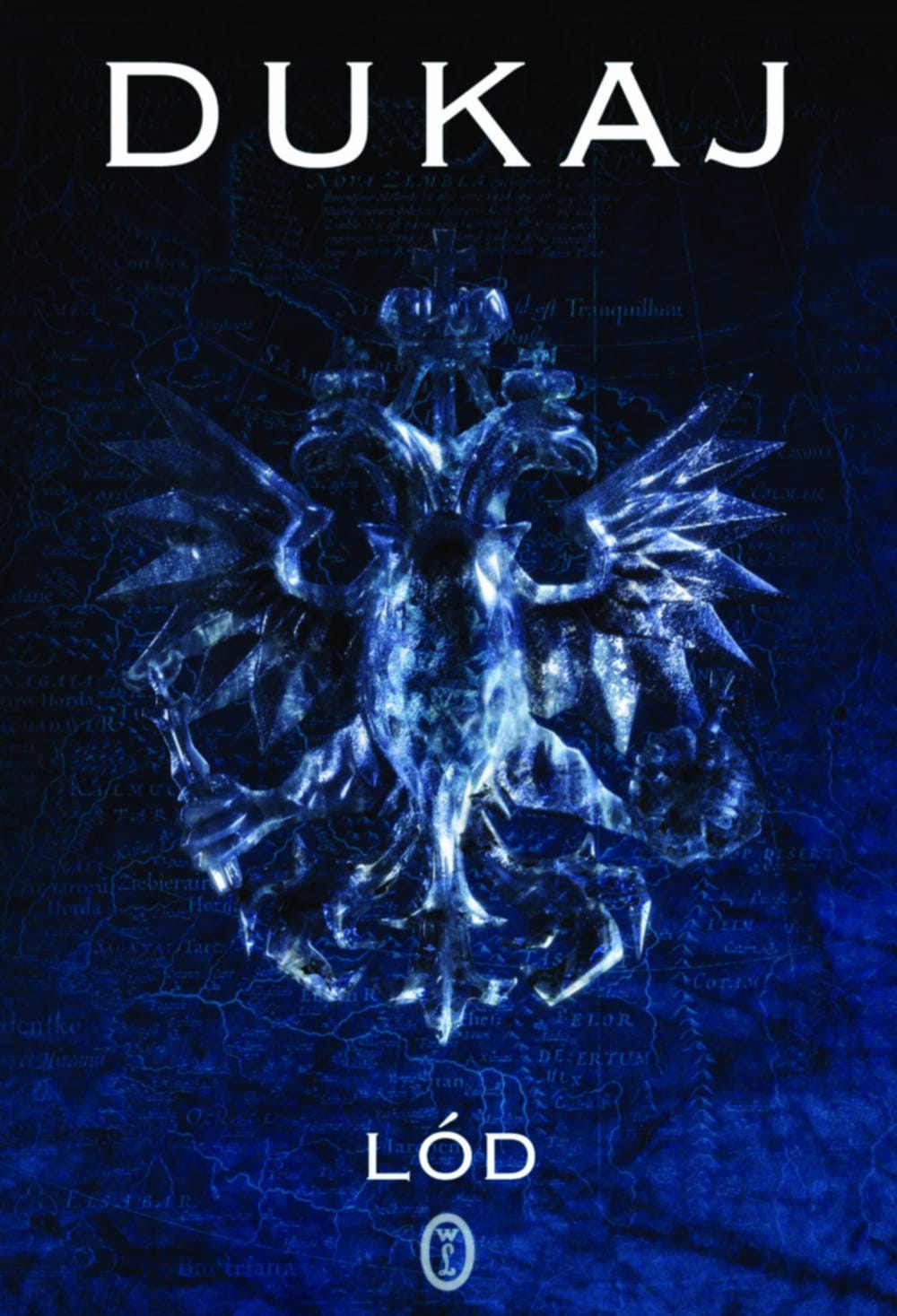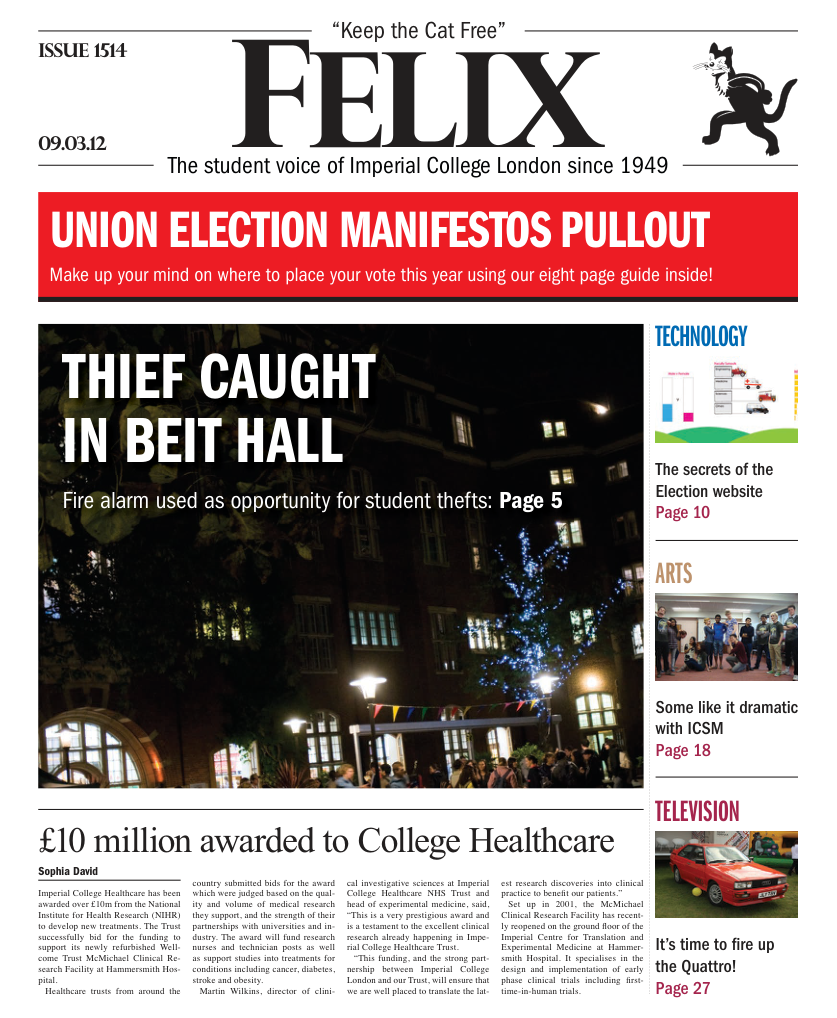Jacek Dukaj’s Ice
A political and philosophical alternate history thriller

I find it rather disappointing how so few of the books available to readers in this country are written by foreign language authors. Sure, you can find translations of all the French and Russian classics in the larger bookshops but not much from other countries and certainly nothing contemporary. I’m somewhat at a loss to explain this phenomenon. Other European countries don’t seem to have this problem, with some bookshops devoting up to half their fiction section to translations. I think that it’s a great loss for the British public – foreign literature is a way of immersing yourself in new cultures without leaving your home – it broadens the mind and gives you a new viewpoint. I bet that not many of you have even heard of Henryk Sienkiewicz, despite the man having won a Nobel Prize in Literature. It seems that, in general, publishers have seemingly decided not to run the risk of giving their readers something different. I was therefore pleasantly surprised when I heard that the independent British publisher Atlantic Books will be putting out an English translation of Jacek Dukaj’s acclaimed science fiction alternate history novel Ice before the year is out.
Ice is set in alternate universe during the 1920s, where the 1908 Tunguska event unleashed creatures known as “lute”. Looking almost like angels made of ice they move at a glacial pace but bring endless winter wherever they venture. As they move through Siberia, and later European Russia, agriculture collapses and people flock to cities to find new livelihoods and protection from the deadly cold. The lute have, however, created a whole new industry, transmuting anything that they pass through into strange new materials, such as an incredibly light and strong steel or coal that, when burned, produces darkness and not light. This has all drastically altered the balance of power on the continent – the First World War has never happened and the European powers maintain an uneasy peace.
...most of the book is spent exploring the nature of logic...
Benedykt Gierosławski, who provides the novel’s narration, is a poor mathematician living a Warsaw that is still occupied by the Russian Empire. He earns a pittance working as a private tutor but everything changes when, one morning, he is awakened by functionaries from the Ministry of Winter who inform him that they want him to travel to Irkutsk, deep in Siberia, to find his father, who they believe has developed an ability to speak with the lute.
This thrusts him into a world of political intrigue, as various factions try to control him and his father for their own ends. This element is the greatest strength of Ice. The book is long and slow paced, allowing this complex political situation to be explored in great detail. We see a picture of how power in the Russian Empire is dangerously fragmented – the list of the people and organisations trying to control Benedykt is quite impressive. We have Szulc-of-the-Winter, the governor of Irkutsk; Pobiedonoscew, head of the Siberian mining monopoly Sibirożeto; Rappacki, the Russian Minister of Winter; the Tsar himself; Siberian separatists; Polish terrorists and freedom fighters; and the mysterious members of the Church of St. Marcyn, lead by Rasputin himself, who worship the Ice. I have never before read a book that explores political intrigue with such depth.
Unfortunately this element is not the main focus of Ice. Rather, most of the book is spent exploring the nature of logic, and how the fabric of reality itself has been affected by the arrival of the lute. This could have been fascinating and we do see glimpses of brilliance but Dukaj wallows in the worst excesses of pseudo-philosophy, resulting in pages of pages of what, to me, is just meaningless drivel. This also leads to some rather weird moments. The first line of the protagonist’s narration is: “It was on the eve of my Siberian Odyssey that I first began to believe that I don’t exist”. This doubt leads him, a few chapters in, to suddenly switch from first to third person. I do often enjoy elements of weirdness but here they don’t have any depth. They’re fun to read but they just don’t add anything.
I should probably say here that I’m not trying to discourage you from reading Ice. I recognise that books like these can often be subjective and it certainly has been popular in Poland, winning numerous awards. You should certainly give it a go, even if only to try something different.







